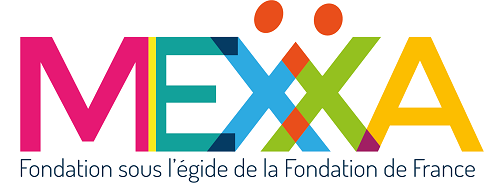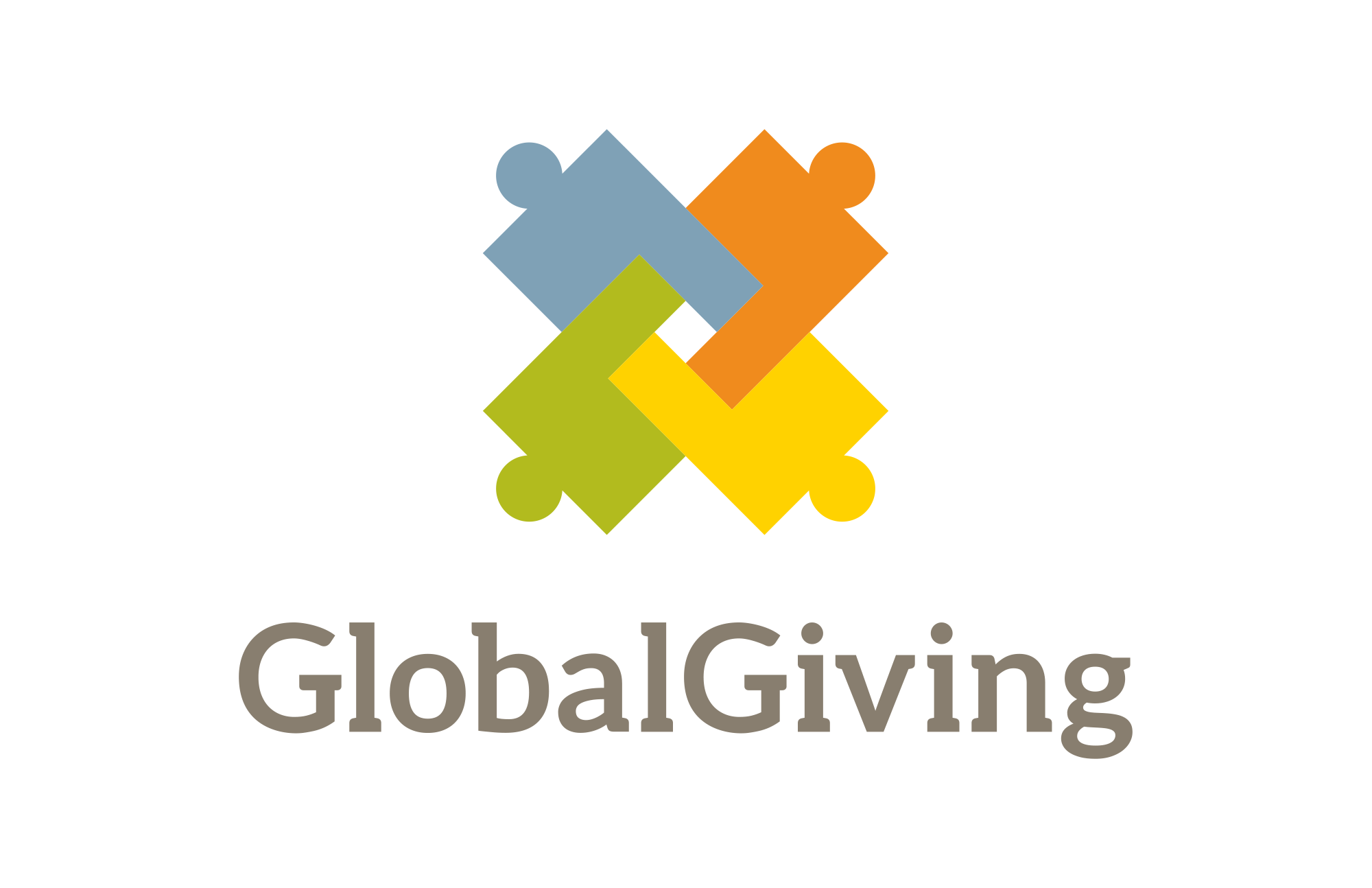Irina Werning
Argentina
Edition 2022 - Finalist

LA PROMESA
Dear Diary: I promise to cut my long hair when schools reopen. I lost 260 days of school up to now. My name is Antonella and I’m 12 years old.
With 8% of the world’s population, Latin America has suffered around a third of recorded deaths from covid-19. Its economies contracted by 7% last year, compared to 3.5% of the world as a whole. Much less discussed is that Latin America’s schools have stayed shut for longer than those in any other region.
Before the pandemic, education was already a problem in Latin America, plagued by deep structural inequalities that mirrored the wide income inequality in the region. The pandemic has made this bad situation worse. Latin American children have lost on average around 4 months more of class time than students elsewhere in the world. Children’s future is under threat. Ignoring this tragedy could lead to intractable crises that, like in Central America, have no quick, easy solutions.
Education should be an equal priority if Latin America is not to fail a whole generation.

Dear Diary: I promise to cut my hair when schools reopen, I lost 260 school days up to now.
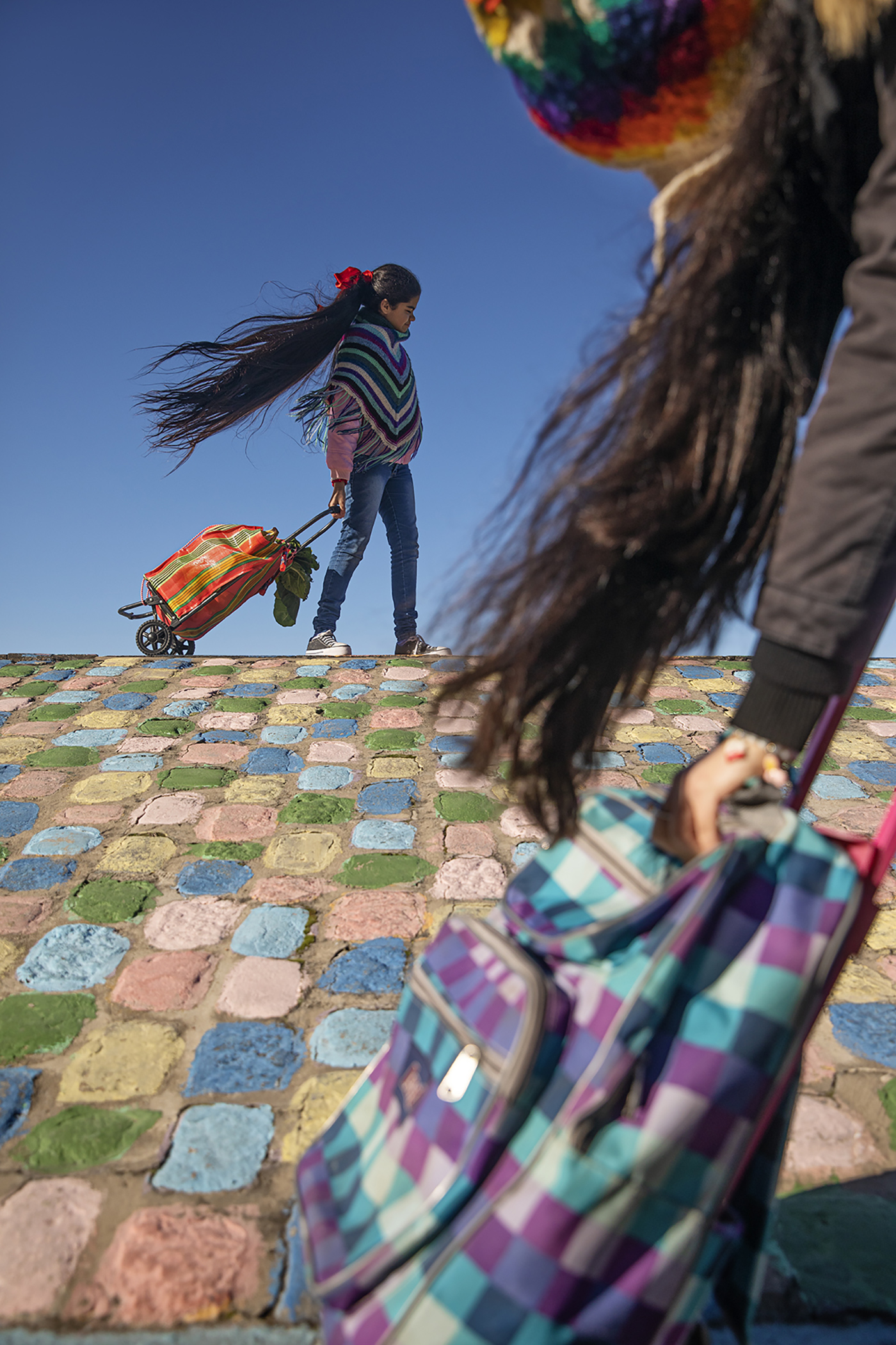
Antonella is 12, she lives 150 meters from the city of Buenos Aires where classes started half a year earlier than the rest of the country after the Supreme Court sided with the city of Buenos Aires refusing to abide by a national government edict to shut schools as infections rose.
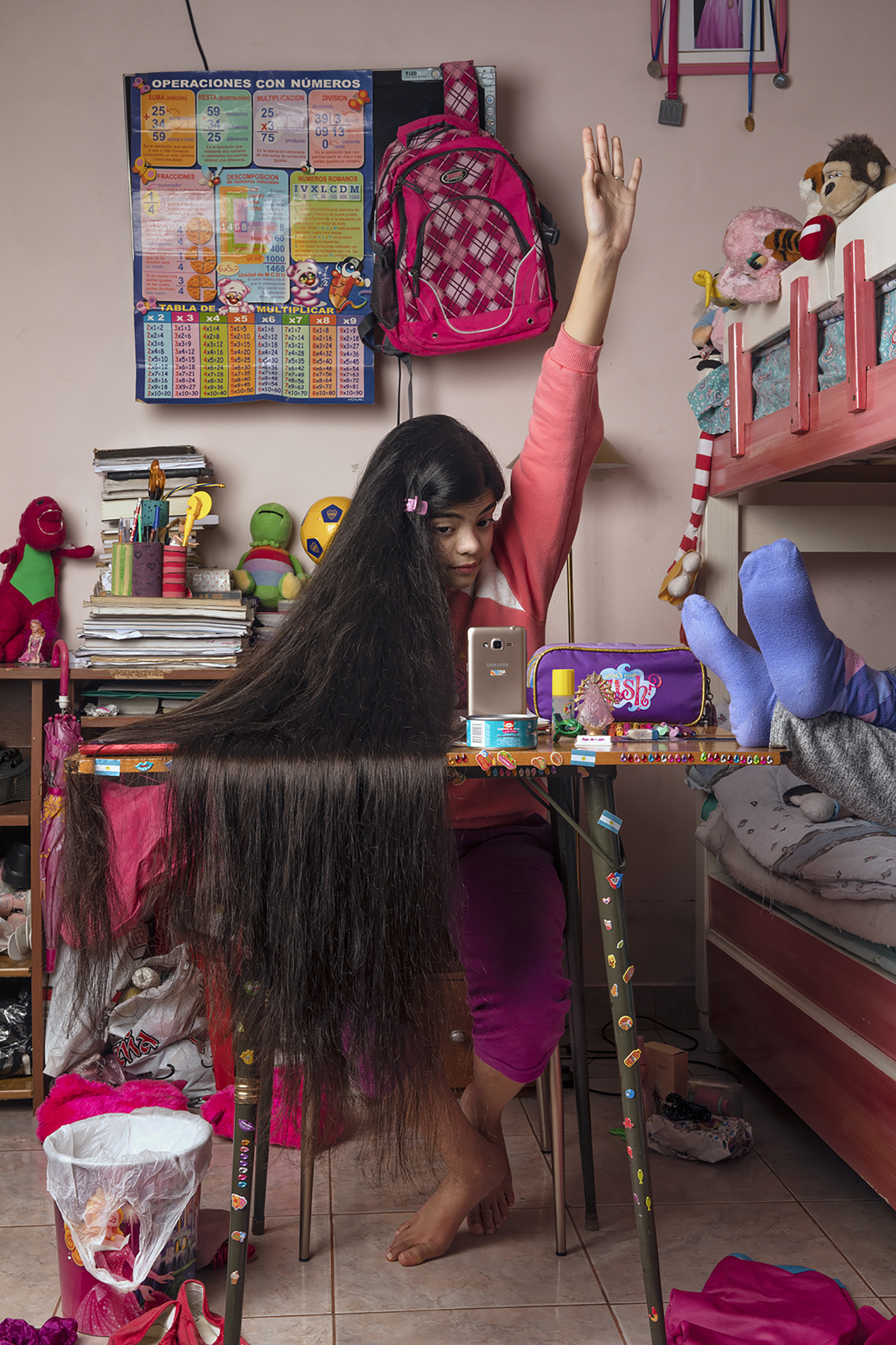
Antonella zooms on her mother’s mobile phone which is always available for her classes. The pandemic placed technology as a strategic tool for equality of opportunities. There is a significant digital divide Latin America which threatens the accessibility of remote learning and other education technologies to all.
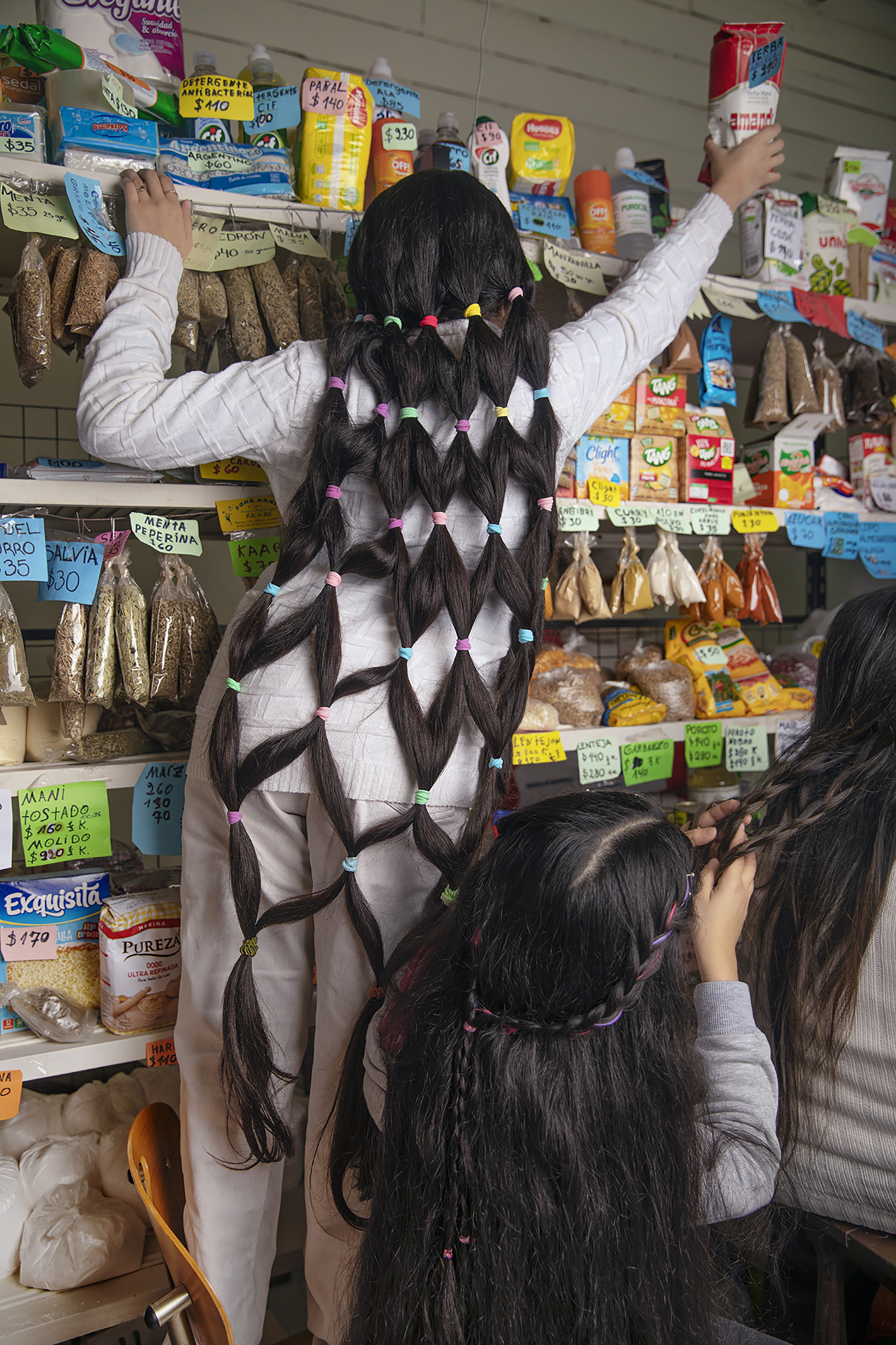
During the pandemic, both of Antonella’s parents lost their (informal) jobs and decided to open a shop at their home. Antonella helps at the shop but is lucky that her parents make sure she is up to date with her education. With economies in the region pummeled by the pandemic and connections to the classroom so badly frayed, children in primary and secondary school are dropping out in large numbers, sometimes to work wherever they can.
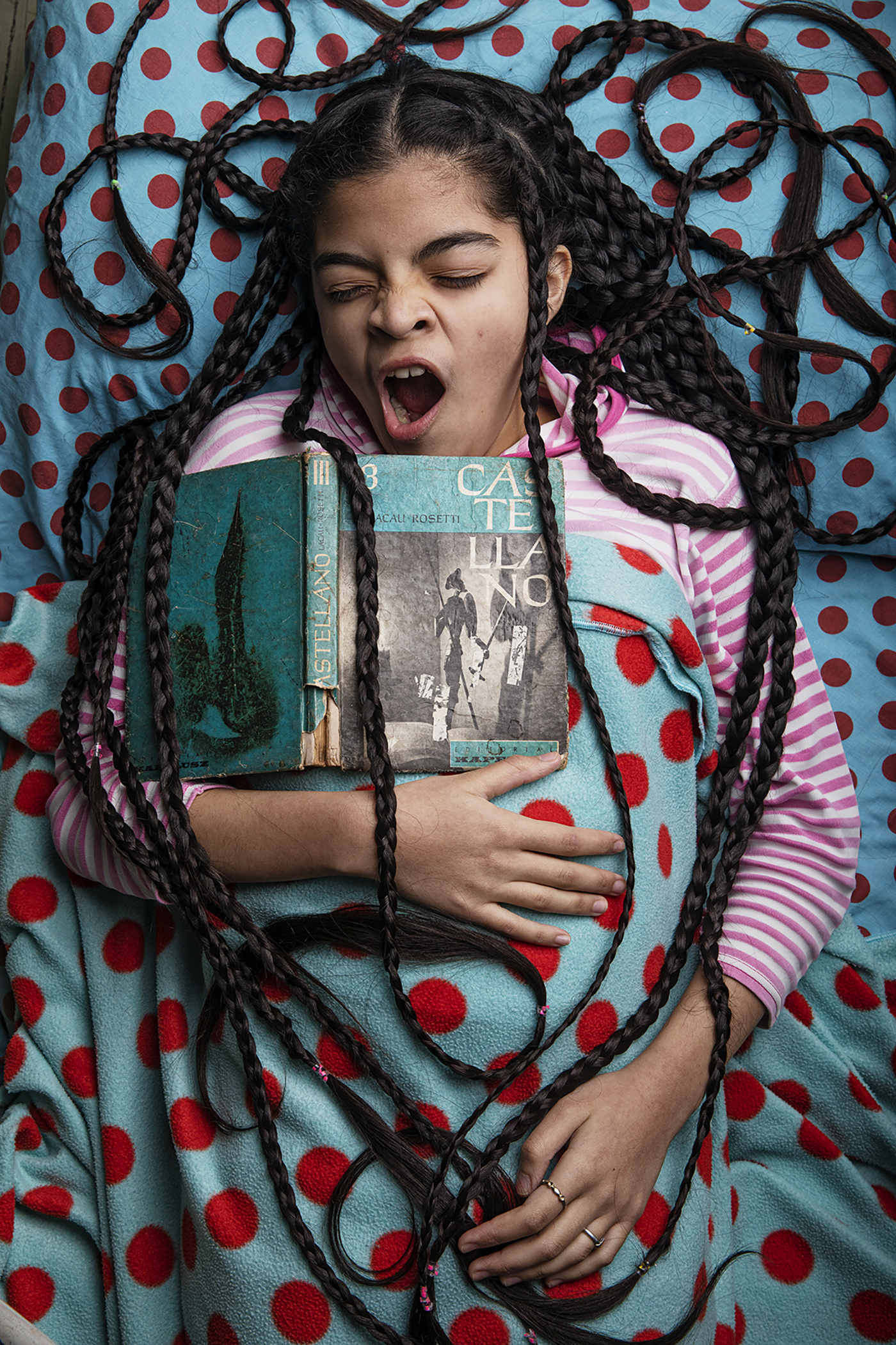
Antonella takes a small nap when studying. She feels a lack of motivation. “Nothing beats being in the classroom,” she says.
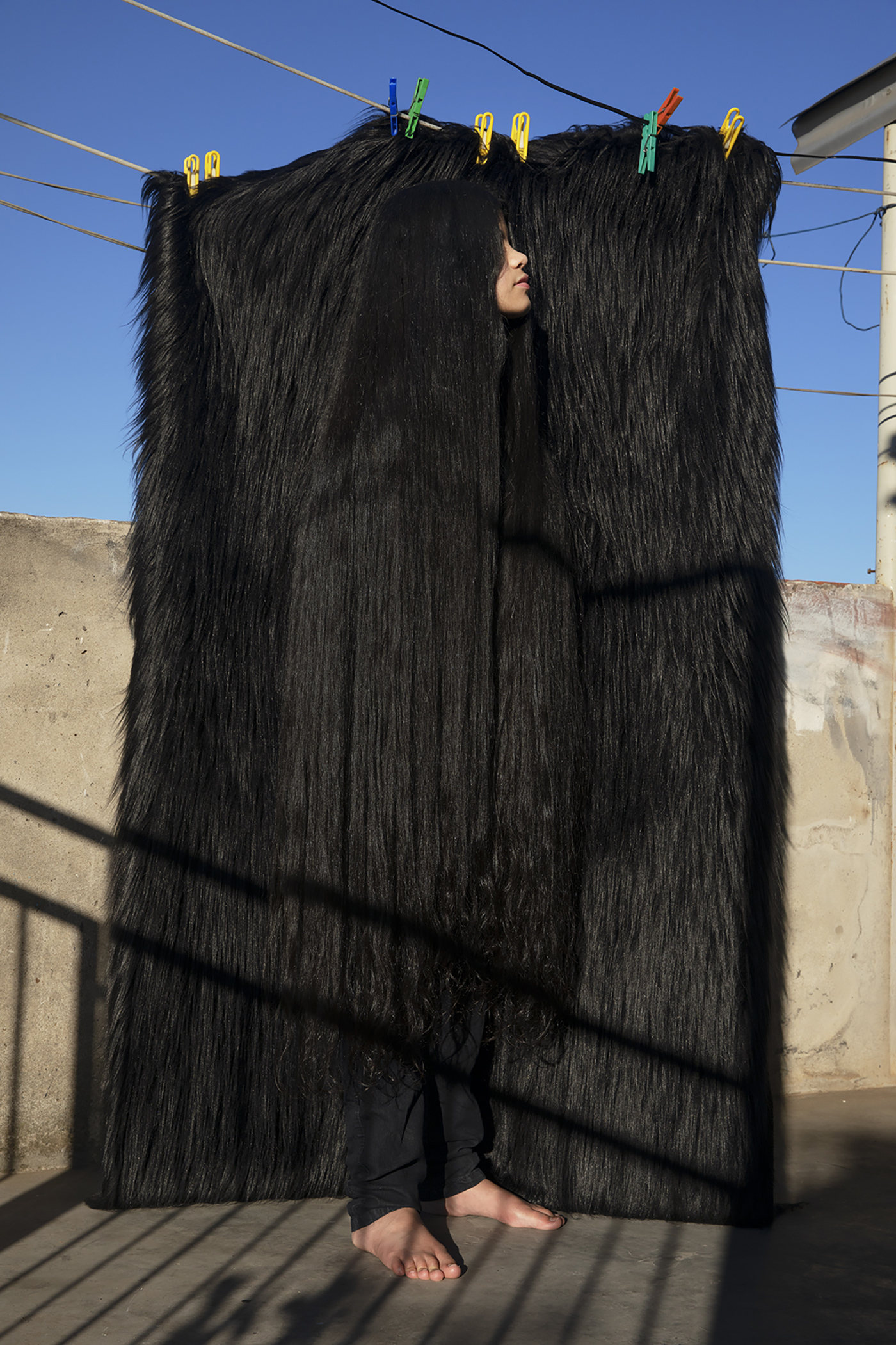
The disruption to routines, education, recreation, as well as concern for family income and health, is leaving Antonella feeling afraid, anxious, and concerned for her future.
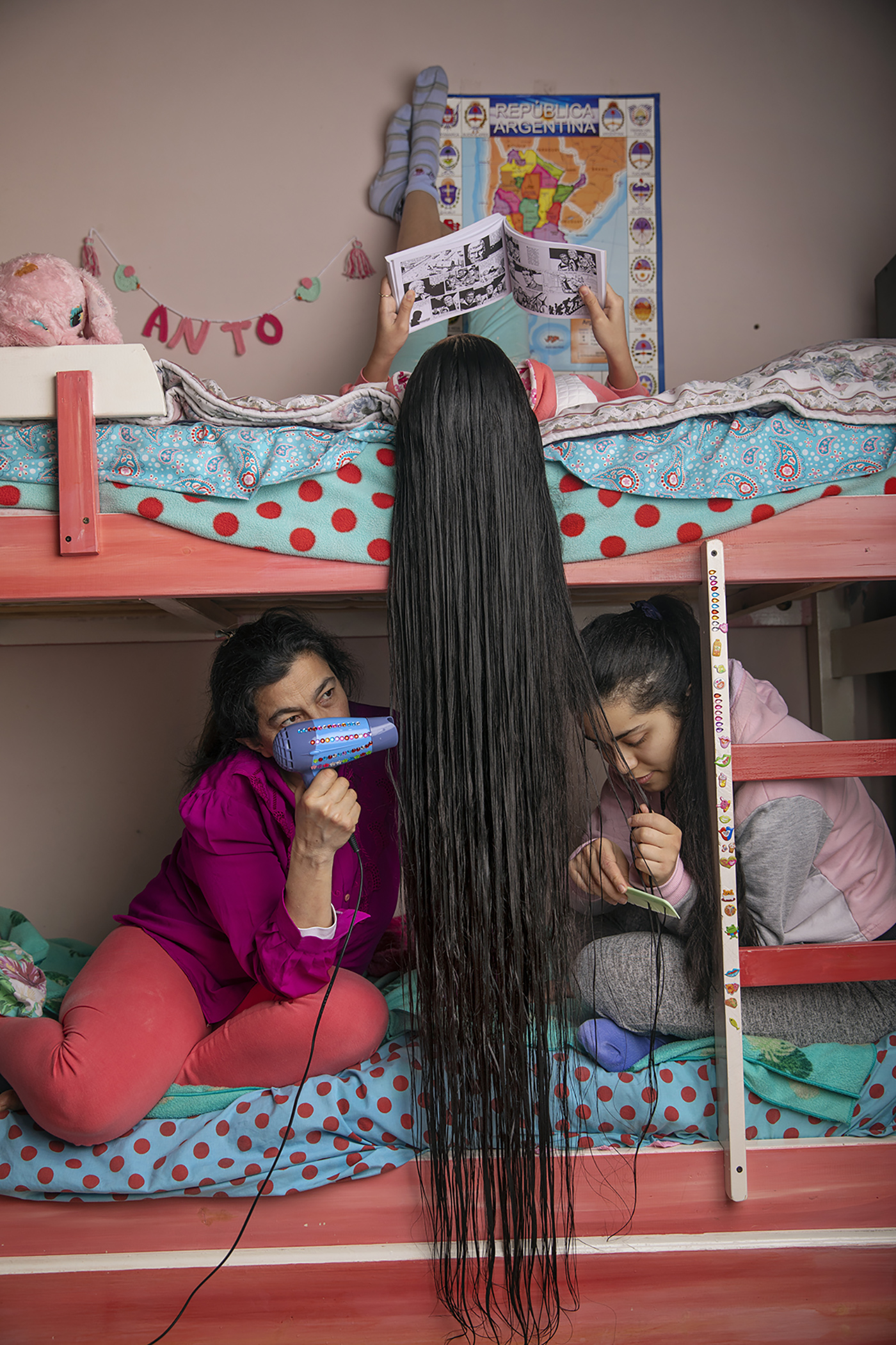
Even if basic technological requirements are met, children without family assistance will have a learning disadvantage when compared with students who have parental assistance.
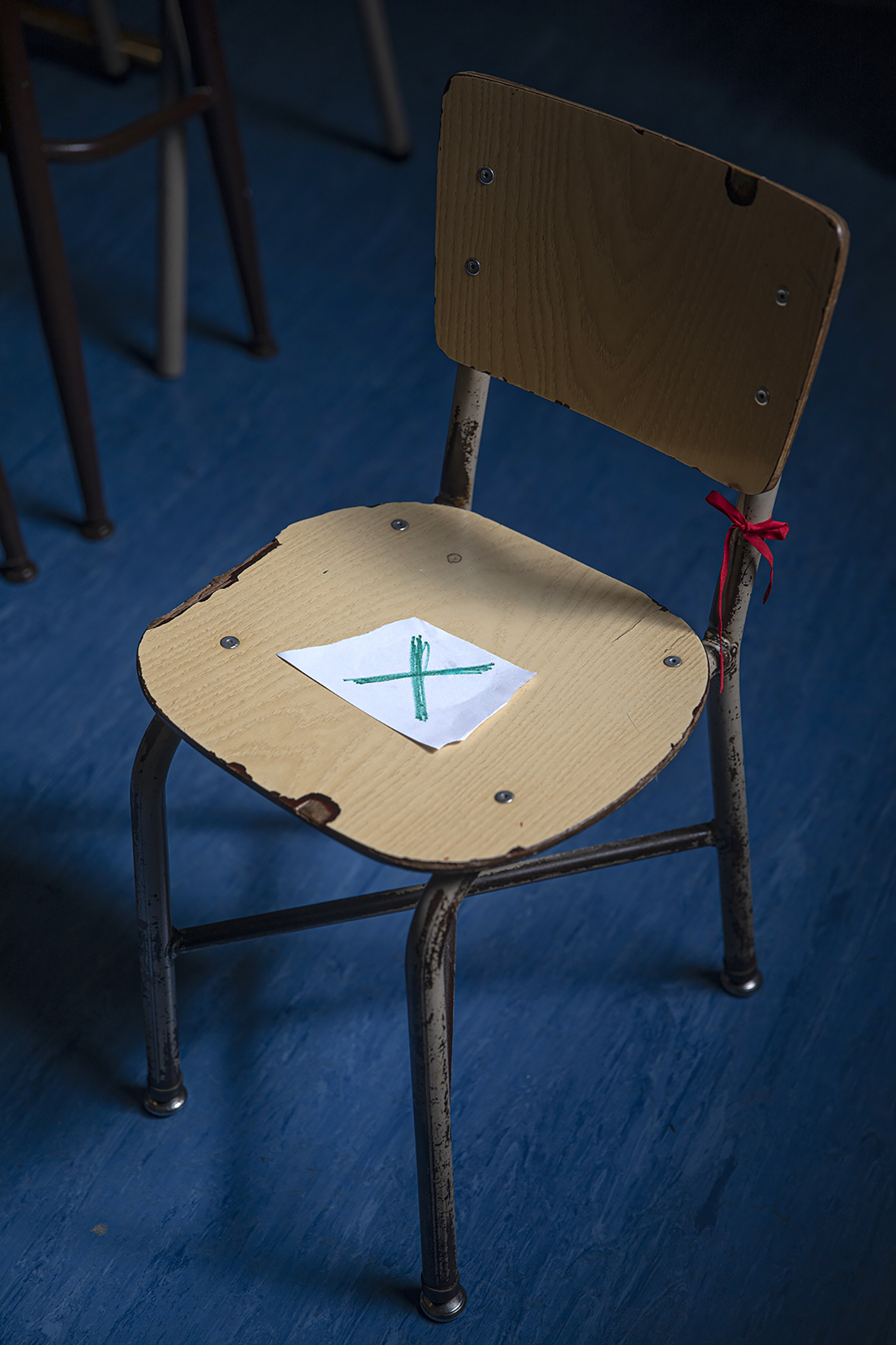
For many students in Latin America, attending school in person accomplishes an additional function that is equally, if not more, essential. Schools serve as guarantors of social formation and citizenship formation. One key role is providing food for children who may not have access to adequate nutrition at home, as well as therapy and specialist services.

“I always thought if I cut my hair something in me would be missing but when school disappeared that’s exactly how I felt. I missed a year and a half of school, I’m a different person now”
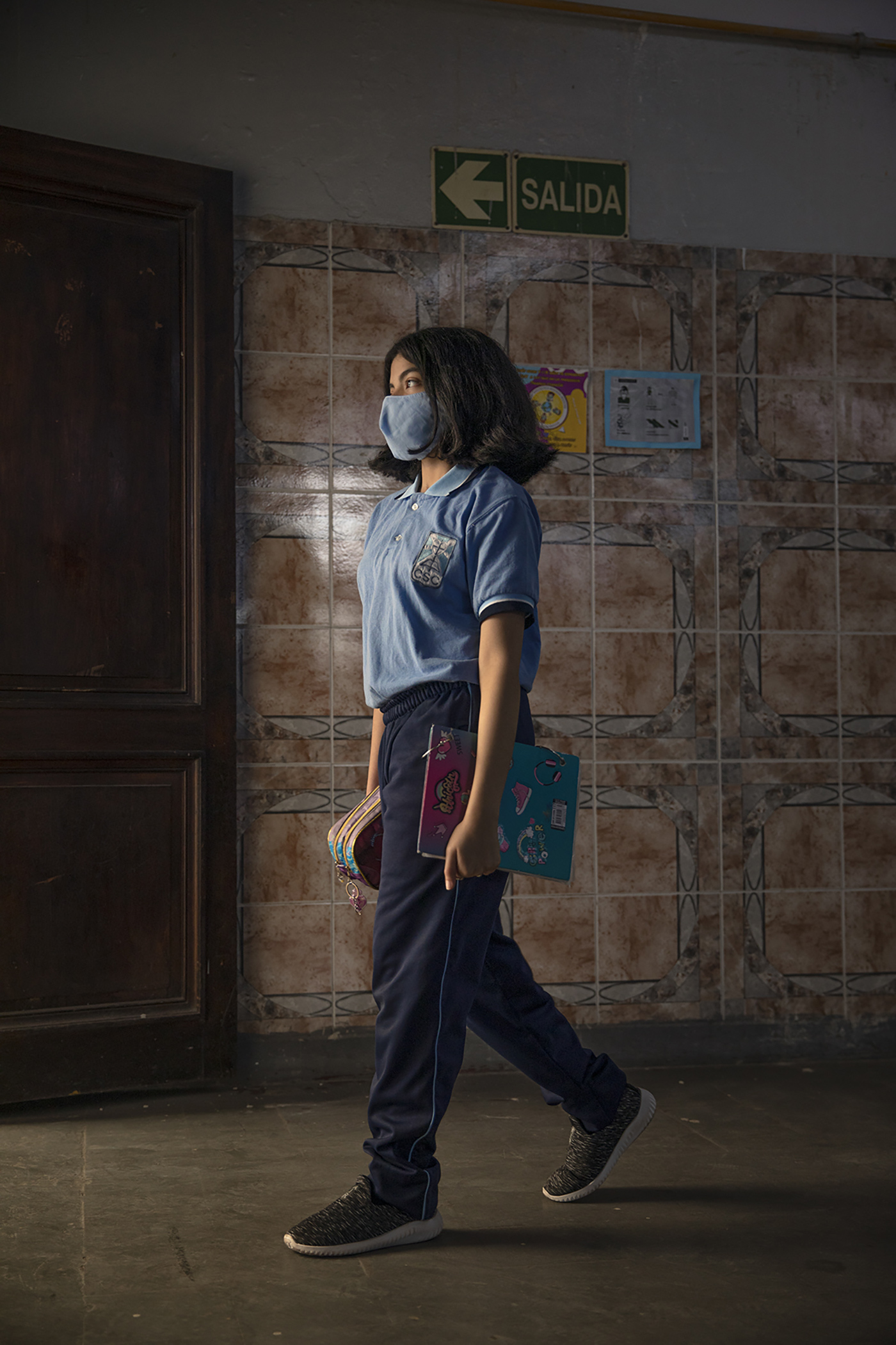
The Covid-19 crisis has tested education systems in unprecedented ways. We need to learn from our lessons and make a more effective, equitable and resilient education system to better withstand future shocks.








